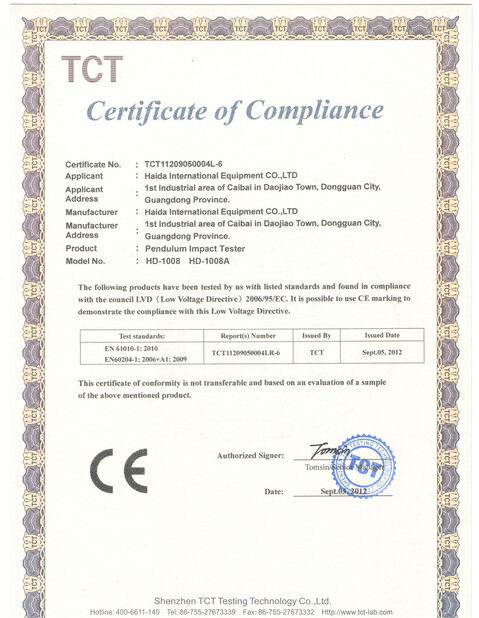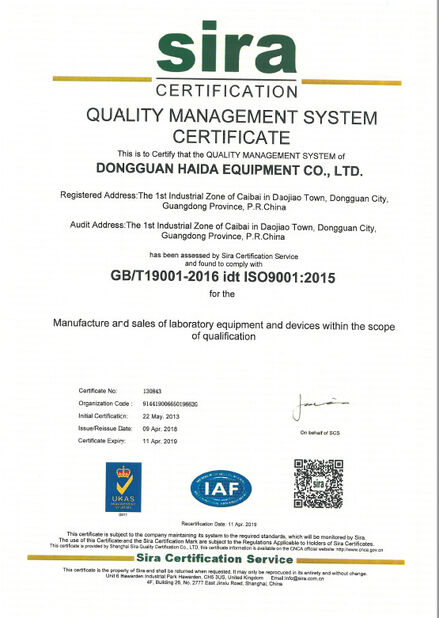Plastic pipes exist in every building, every street, and permeate the daily life of millions of households. Why spend so many people's time and energy on seemingly insignificant plastic pipes?

Have you imagined the use environment of pipelines?
If it is exposed to the outside, it may be subjected to scorching sun, heavy rain or even freezing disasters; if it is buried in the wall, the inferior pipe may be ignited by the aging wires around it, while the indoor water supply pipe, through which high-temperature liquid flows, may be softened, deformed, and high-pressure Water rushes out and may cause pipe damage and explosion.
According to well-known pipeline researchers, pipelines need to have various properties such as heat resistance, weather resistance, pressure resistance, oxidation resistance, flame retardancy, and material insoluble in water. In order to detect whether the pipeline is suitable for various environmental requirements and ensure the safety and convenience of users.

Testing items for plastic pipes
1.Physical properties: density, thickness, size, water absorption, toughness, etc.;
2.Mechanical properties: tensile strength, bending strength, coefficient of friction, creep properties, tear strength, shear properties, impact properties, compression properties, fatigue strength, fracture toughness, tensile properties, bending properties, electrical properties, Abrasion resistance, low temperature performance, resilience performance, tear performance.
3.Combustion performance: vertical combustion, ignition temperature, oxygen index, horizontal combustion, hot rod
4.Thermal performance testing: thermal deformation temperature, thermal decomposition temperature, Vicat softening point, high and low temperature impact, glass transition temperature, melting temperature, thermal stability, dimensional thermal stability, thermal deformation temperature under load, Martin heat resistance, total Volume shrinkage, linear shrinkage, Vicat softening point, linear thermal expansion rate, fluidity, melting point, softening point, melt flow rate, thermal conductivity, glass transition temperature, embrittlement temperature, loss of strength temperature
5.Applicability: thermal conductivity, corrosion resistance, low temperature resistance, hydraulic pressure resistance, insulation, moisture permeability, pulse performance
6.Durability: aging, salt spray test, pulse, life evaluation

 Your message must be between 20-3,000 characters!
Your message must be between 20-3,000 characters! Please check your E-mail!
Please check your E-mail!  Your message must be between 20-3,000 characters!
Your message must be between 20-3,000 characters! Please check your E-mail!
Please check your E-mail! 

